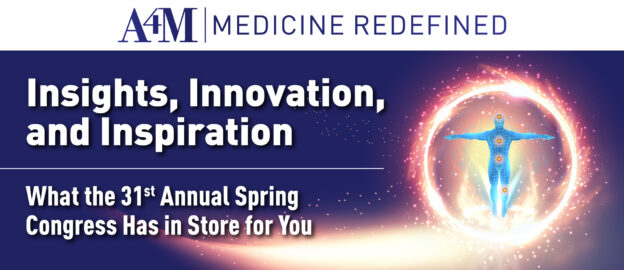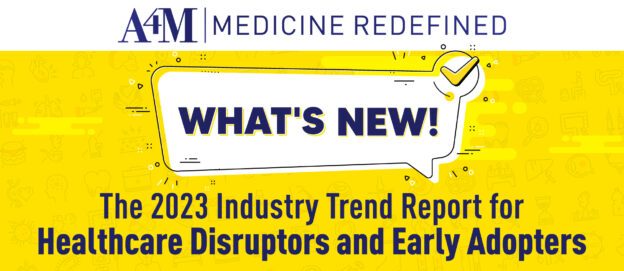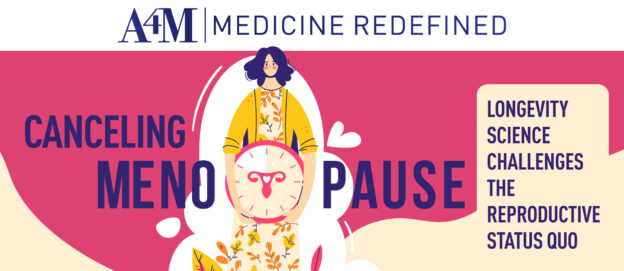The highly anticipated 31st Annual Spring Congress: The Fire Inside: Inflammation: The Common Pathway to Disease kicks off on Friday, May 19th promising a game-changing weekend of advanced education and practice transformation. This year’s signature event gathers some of the medical world’s brightest minds and most influential voices to spotlight one of the greatest threats to public health: inflammation. The Congress will empower attendees to unlock their full potential and become much-needed catalysts for revolutionizing healthcare by offering a platform to explore cutting-edge practical insights, innovative clinical strategies, and the latest advancements in functional medicine. Read on to find out what the 31st Annual Spring Congress has in store for you.



